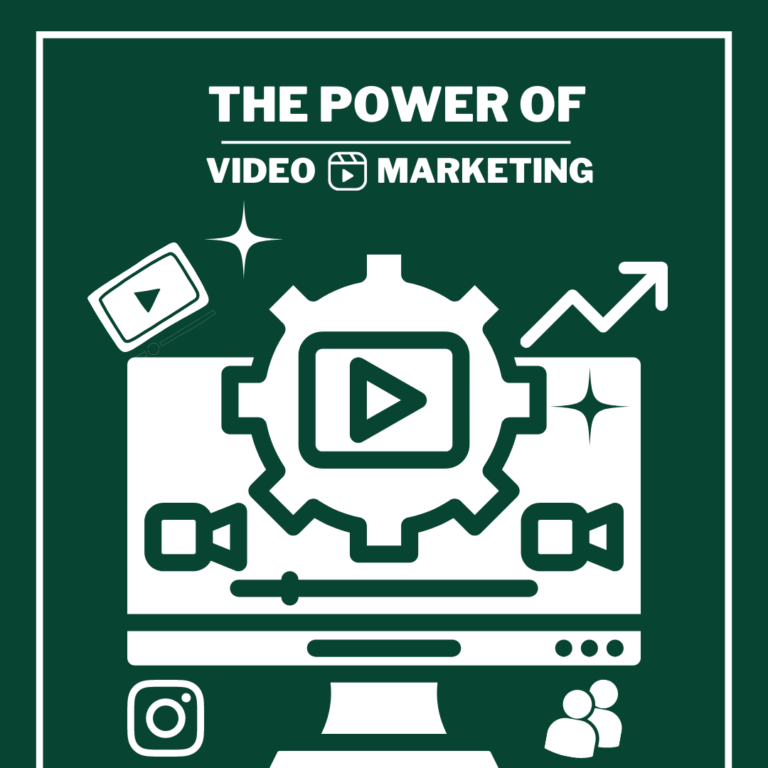Indian consumers have the unique benefit of having multiple festive seasons, each with a corresponding sale attached to grab attention. While this works out well for both the brand and the customer, this happens to be a uniquely Indian concept.
American brands do not enjoy this year round sale season. This led to the invention of the mother of all sales – The Black Friday. The term coined in 1950s Philadelphia went on to be covered in multiple American TV shows. These often highlighted the erratic behaviour of the consumers and the comical extent to which they will go in search of a good deal.
Brands soon began cashing in on this frenzy and kept offering increasingly outlandish deals to grab eyeballs. Black Friday is now the biggest event in retail and is adopted across the world. Although companies like Amazon and Flipkart have tried to counter this with their own ‘Special Sale Days’, Black Friday and its endless lines in front of stores loom large in the cultural psyche.
As the capitalist holiday approaches, let’s take a look at the most effective campaigns employed by brands over the years. Some that the Indian ad and social media agencies should take note of.
Target - #holiweek
This year Target decided to play the slow game and instead of betting the house against every other brand, chose to spread out the offers over the extended ‘holiweek’ season. This helped them reach out to a wider audience that could not wait till the big weekend to grab their deals. Since a lot of the customers are online checking up on which deals to get on black friday ahead of time, Target was the metaphorical early bird waiting for the worm to poke its head out of the ground.
Patagonia - Buy less, Demand more
Keeping true to their long term narrative of environmental awareness and sustainability, Patagonia launched a very bold ad campaign. The ad reaffirmed the company’s commitment to sustainability and in a twist of the usual sales narrative, encouraged the customers to buy less.
The increasing problem of fast fashion has resulted in large scale wastage and the textile making process accounts for large scale water pollution. In the face of this being something that people will be prone to contributing toward during their shopping spree, Patagonia emphasised the importance of buying high quality and durable products. By subverting the sales narrative, Patagonia got a lot of attention as well as placed their products as ones that are durable enough to last for years.
Google - #BlackOwned Friday

Google has been on the forefront of socially responsible campaigns. The Black Owned Friday campaign is another feather in the cap of the ad team at Google.
Where most brands grandstand on social issues, but seldom follow up with tangible action, Google set up a dedicated website to lead users to black owned businesses. It also enlisted multiple celebrities to encourage people to patronize businesses and drive change. The website did record sales and garnered wide scale praise for Google.
Costco - ‘Leaked’ ad
In the world of perfectly crafted ad campaigns that go through 4 levels of scrutiny, any form of incongruence or goof up is instantly attention grabbing. Costco put this market tendency to great use in its suspiciously ‘leaked’ ad that made the news cycle. The ad showed the best deals that Costco intended to offer its customers come Black Friday. It was inevitably picked up by multiple news channels, which only increased its viewership while giving it valuable airtime for free.
Walmart - #UnwrapTheDeal
Walmart took home the campaign crown this season with its #unwrapthedeal campaign on Tiktok. The retail giant offered discounts via shoppable Tiktok filters that revealed virtual deals. The campaign got a record of 5.5million clicks on the tag and an 18.6% engagement rate. This is a true example of gamification being an effective channel of sale. With a wonderful campaign boosting their sales, we are certain Walmart danced all the way to the bank.




